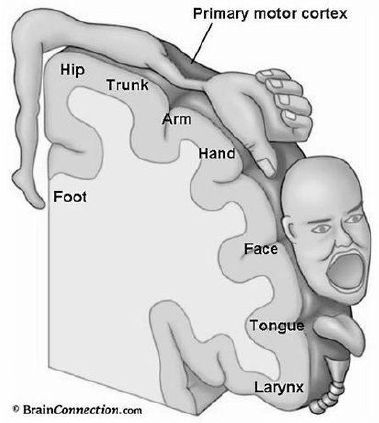The passage in question must be properly identified for genre before it can be interpreted. The OP suggests perhaps it is not literal, but uses imagery. Lets do some close reading, for signs he may be right.
v1. Gives the context. It is written from a teacher to a teacher, within the hearing of the students. Q: Do teachers sometimes speak in riddles to other teachers so as not to lose their advantage; something like spelling out C-A-N-D-Y in front of the kids.
v1: Who will condemn the teacher? Certainly NOT Christ since in him there is no condemnation. Apparently he is speaking of condemnation by the students. This supports #1 above.
v1: Appears to conclude with v13... therefore display your works of faith with a good conversation. We might expect the contents of the pericope to speak about how to have a good conversation. [perhaps a polite way of saying: Take someone to the woodshed]
v2: How do the teachers offend all? Is 'all' all? If so, then they do so by preaching the gospel which is an offense to all.
v2: 'Offend' in Greek means fall or cause to fall (sin). Since all sin is against God, when we take offense, we make ourselves equal to God. When we cause others to take offense, we cause them to sin. Do teachers cause all men to sin? Compare to Ro 7:11ff where teaching the law causes sin to spring up. This suggests the nature of riddle in the passage, the same as Paul's writing. How can that which is good cause sin?
v2: Who is the perfect man? Only Jesus. Yet even Jesus caused people to judge him unjustly with his teaching. This is riddle, not contradiction. How can the perfect man cause offense , and yet not cause offense? James already answered the question: It is your own heart that causes your temptation. Someone may place an opportunity for you to be tempted in front of you, but you must take the opportunity.
v3,4 The bridle leads by coercion and force, the rudder by gentle persuasion. If James wrote before Paul, can we see his influence in the way Paul teaches; sometimes by command, sometimes by persuasion.
v5: 'Tongue' also means 'babbler'. Could he be speaking of the misuse of tongues.
v5. How does a tongue boast? Is this anthropomorphism or a euphemism for the boasting babbler who declares "I speak to God in his language and you don't"?
v5. How much trouble can a babbler cause?
v6. How is a tongue a fire? What is the simily? Or is it riddle "The babbler is a spirit, a world of sin. He defiles the whole church (as others who oppose it do so in the flesh which is inflamed by the babbler.
v7. If this is literal, is it true? Does 'every' mean 'every'? Beasts, birds and things of the sea, refer back to Gen 1. It excludes 'living creature' [alive with soul], cattle, and creeping thing. The serpent isn't mentioned. There appears to be a riddle.
v8. Is this anthropomorphic in giving the tongue a will of it's own, but implying that no man can control himself? Is it a riddle of the babbler, where his ego and pride drive him to seek the attention?
The passage is ripe for interpretation in symbol and riddle. As Paul deals with the misuse of tongues in the church, it might be argued that he was influenced by James in this matter, to have a 'good conversation in faith, as he deals with them.
On the issue of 'taming':
If the passage is interpreted as riddle, the the critters of Genesis 1 represent people of various types, and 'taming' is the 'training in righteousness, mentioned as one of the purposes of scripture. The argument here is that when the heart is corrupt with ego, expressed in the uncontrolled babbler, he cannot be trained in righteousness.
'Perfect' is being made complete in Christ. The interpretation of riddle might suggest that the babbler does not have a foundation of Christ's salvation upon which to build 'training in righteousness'.
